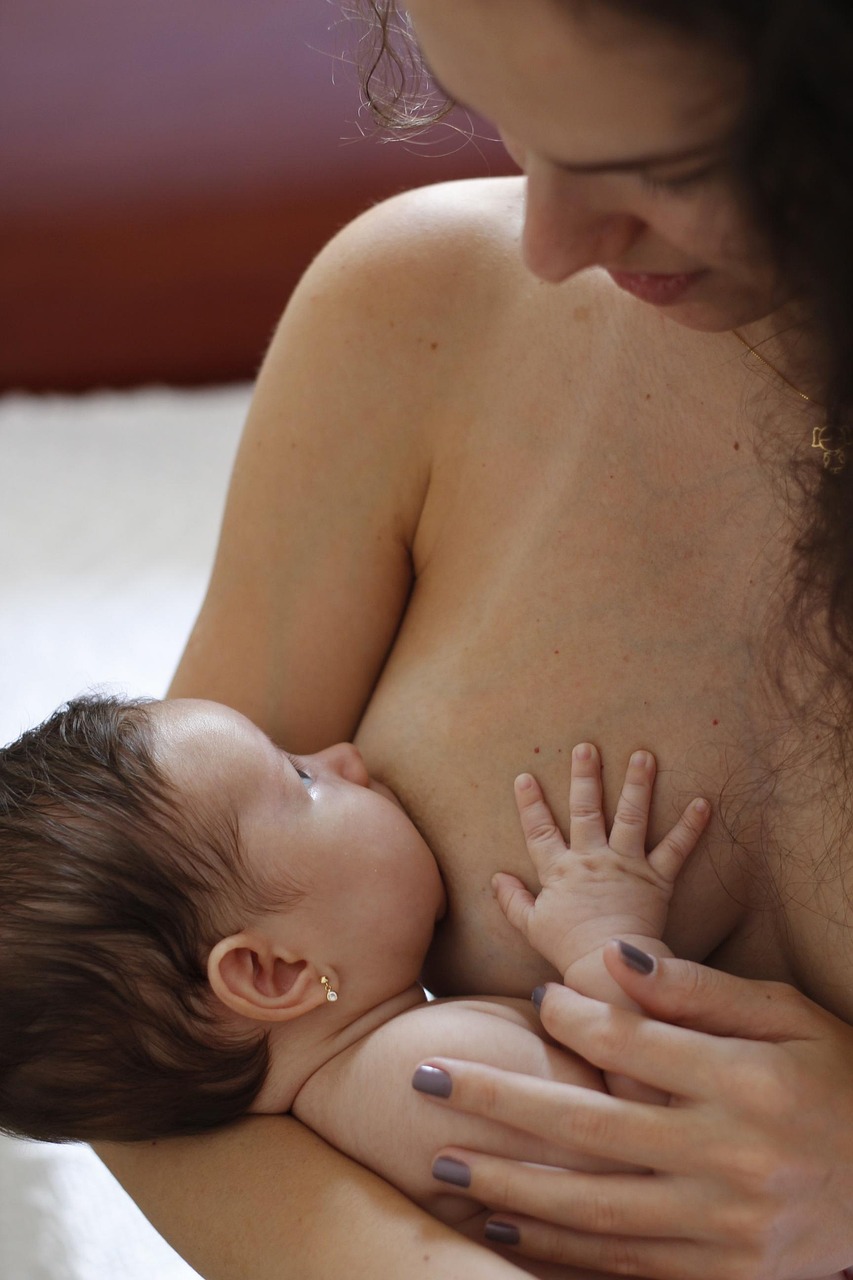
Breastfed vs. Formula Fed: The Truth About Feeding & Your Baby's Sleep
As a children's sleep consultant, one of the most common questions I hear from tired parents is: "Does breastfeeding or formula feeding make a difference to my baby's sleep?" There's a persistent baby sleep myth out there that one type of milk guarantees longer stretches of sleep.
So, let's cut to the chase and bust this myth right now:
The top-line answer is a resounding NO! Whether your child is breastfed or formula-fed, they absolutely have the equal potential to sleep soundly through the night.
Why the Myth Persists (and Why It's Misleading)
The common belief often goes: "Formula keeps babies fuller for longer, which will help them sleep longer." While it's true that formula milk takes longer for babies to digest compared to breast milk, which is more easily digested, this doesn't automatically translate to longer sleep.
Here's why this is crucial for sleep-deprived parents to understand: if your child is past the newborn stage (typically 5-6 months or older) and is consistently waking through the night, the likelihood is that hunger isn't the primary driver. Instead, they're often waking because they haven't yet mastered the crucial skill of linking their sleep cycles independently. Their digestive system might be content, but their independent sleep skills aren't fully developed.
It's also true that breast milk contains incredible sleep-inducing hormones like melatonin, which can support healthy sleep regulation. However, if you're not breastfeeding, please know this absolutely does not mean your child won't sleep well! Many formula-fed babies are excellent sleepers, and many breastfed babies achieve solid nighttime sleep.
The Real Sleep Influencers for Babies & Children
The key takeaway I want to share with you as a pediatric sleep expert is this: your choice of feeding method (breast or bottle) is not the main factor determining how easily your child learns their sleeping skills.
Instead, the real sleep influencers are:
Mastering Sleep Cycle Linking: Learning to drift from one sleep cycle to the next without fully waking.
Developing Self-Settling: The ability to fall asleep independently at bedtime and resettle themselves during the night.
Consistent Sleep Routines: Predictable bedtime and nap routines.
Optimal Sleep Environment: Dark, quiet, and a comfortable temperature.
Age-Appropriate Wake Windows: Preventing overtiredness.
Your child's unique personality and temperament: Some children are naturally more sensitive or alert than others.
I hope this helps take some of the pressure off when it comes to feeding decisions. Your focus should be on nurturing your child's overall well-being and supporting them in developing essential sleep skills when they're developmentally ready.
Is your child struggling to master their sleep skills, regardless of how they're fed? As a experienced certified sleep coach, I can provide the baby sleep help you need.
Book a COMPLIMENTARY Sleep Assessment call with me today. Let's understand your child's unique sleep patterns and create a personalized plan to get them sleeping more soundly.

